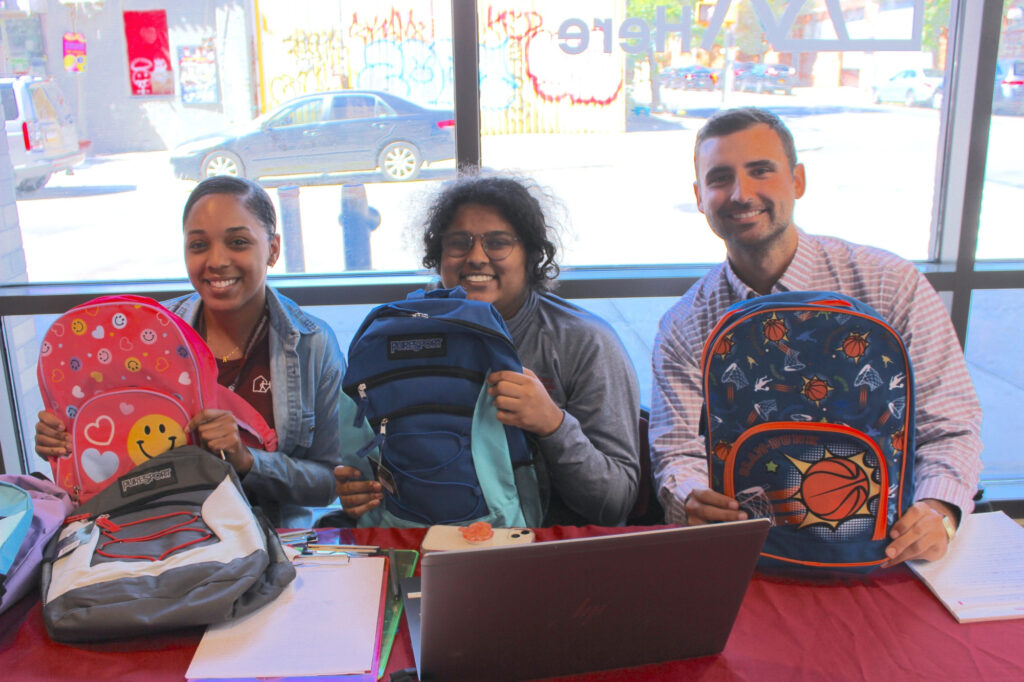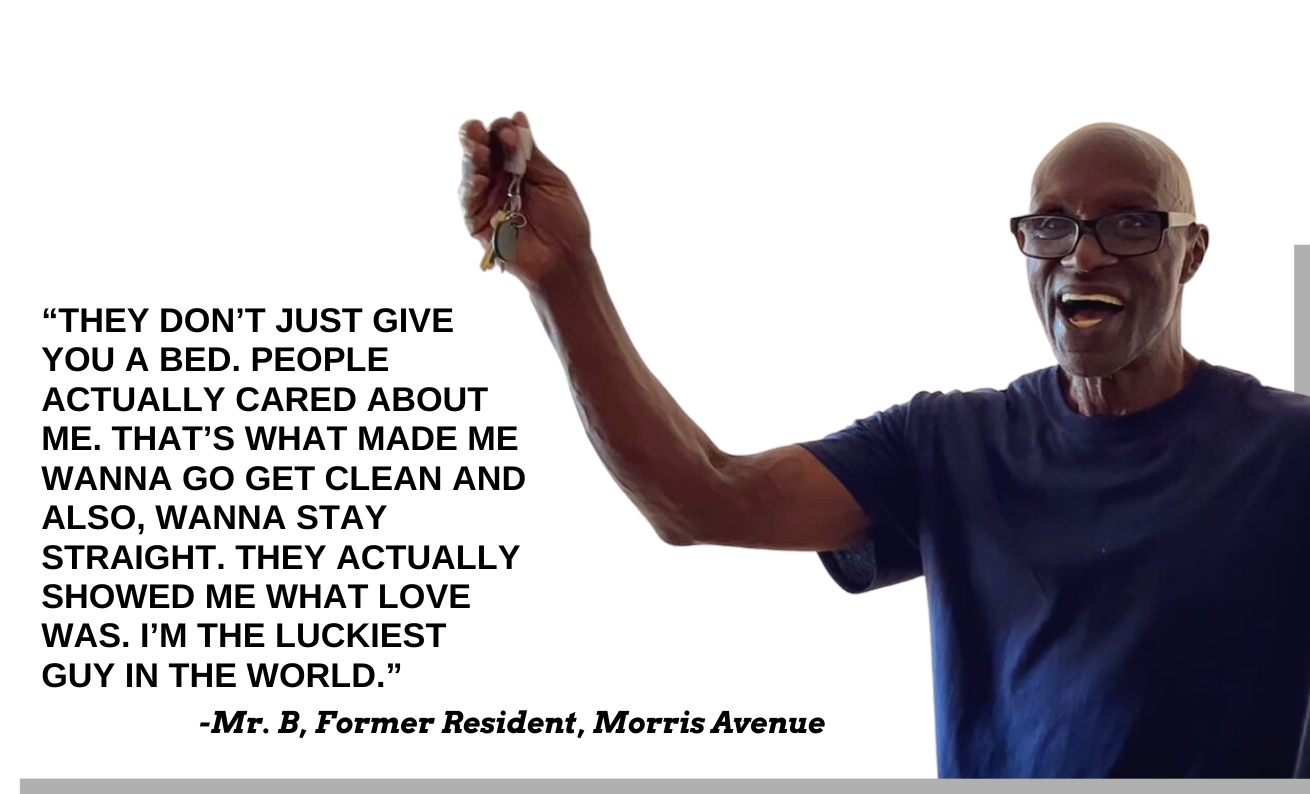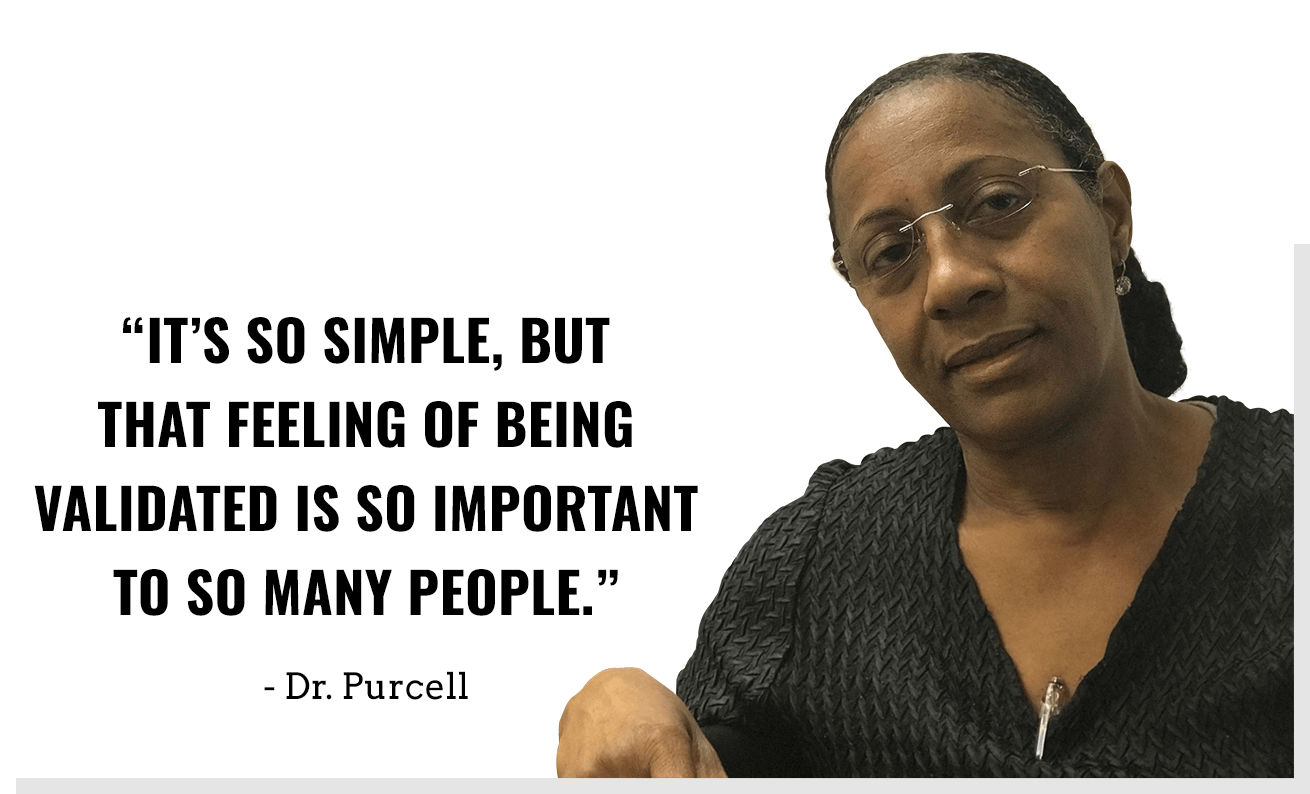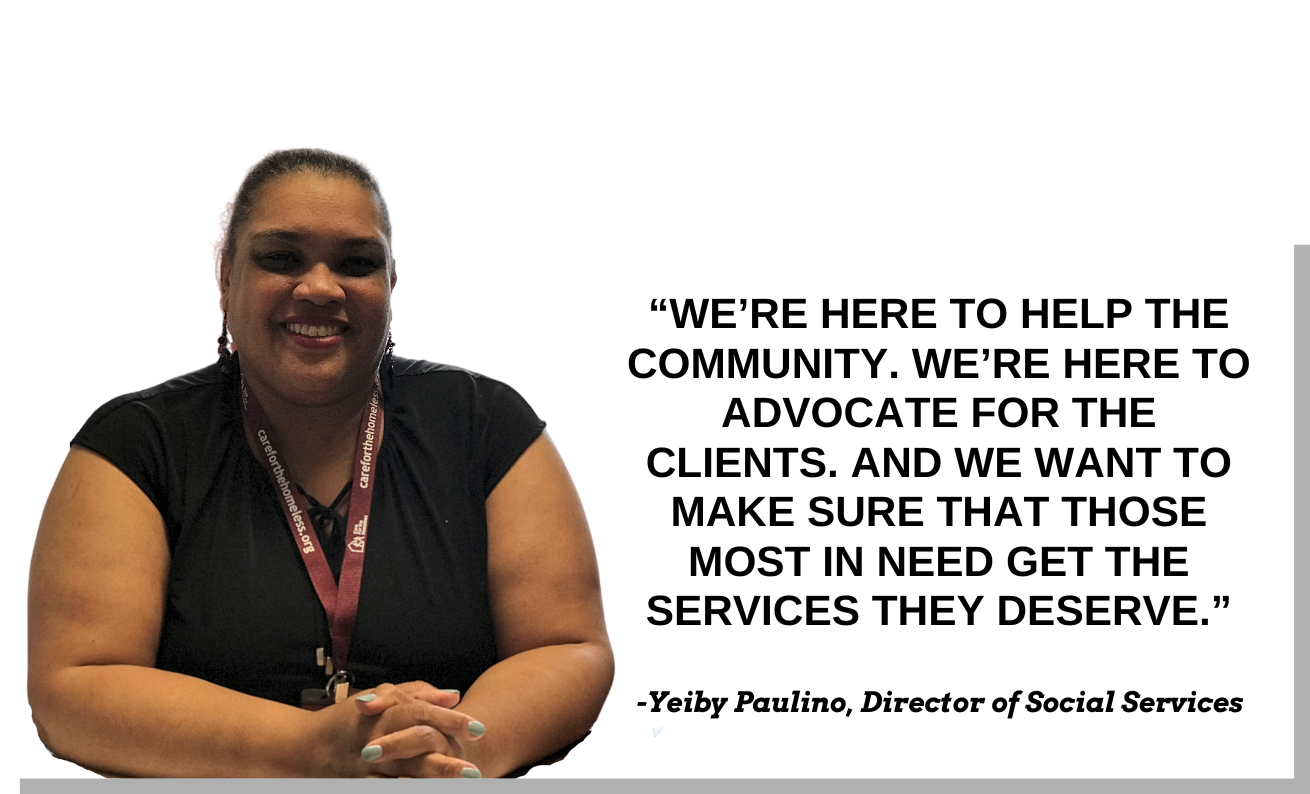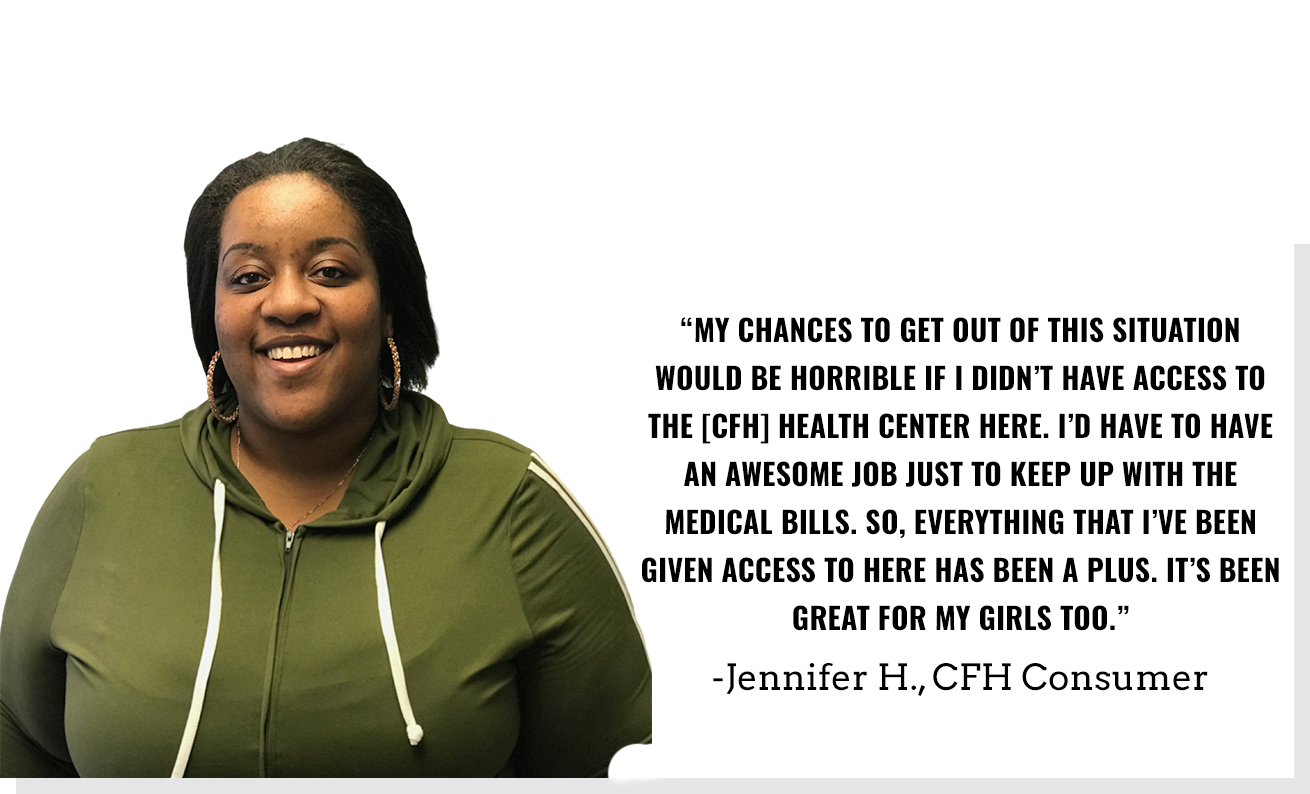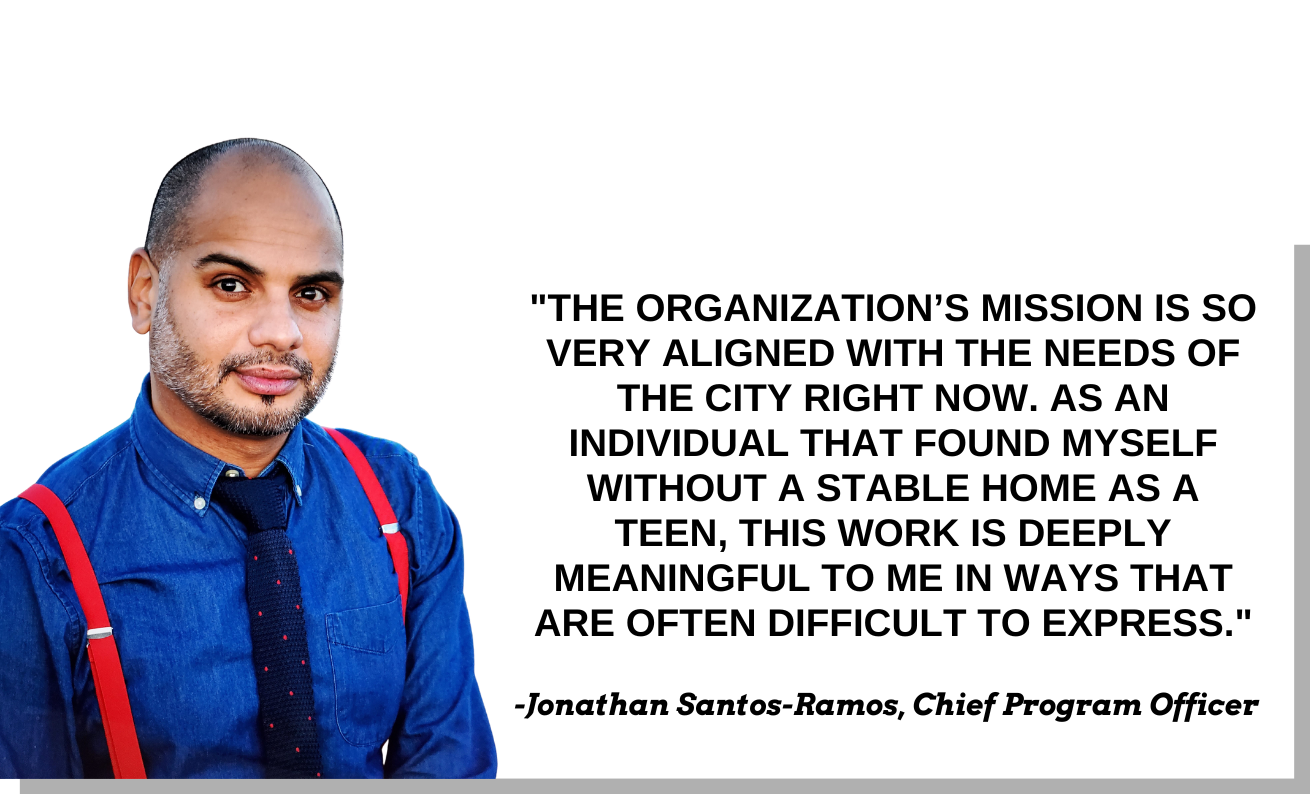Team Spotlight: Lee Ravi
Do you know Lee? Learn more about their role as a Population Health Specialist, traveling all over the city to help our patients receive the care they need.
Do you know Lee? Read on to learn about their role as a Population Health Specialist, traveling all over the city to help our patients receive the care they need. (This interview has been edited for length and clarity.)
What do you do at CFH, and how long have you been here? I am a Population Health Specialist here at CFH, and I have been here for two years.
What did you do before CFH? Before starting at CFH, I worked part-time as a peer counselor for the Intensive Mobile Treatment program at VNS Health in Queens.
Why did you decide to work at CFH? I was so impressed by how many patients they’ve been able to help and, geographically, how far their reach is with their shelters and clinics. I wanted to do my part in helping out marginalized communities as well, so I put in the application.
What does your current role entail? My current role mainly focuses on care gaps. If I am not working on our Cologuard program, where we give and track Cologuard boxes [to test for colon cancer] to eligible patients with demonstrations, working in conjunction with the clinic staff and providers, I am helping to fill other care gaps. I do this by calling patients who are due for preventative screenings and scheduling their appointments.
We also have one-day health events that the team organizes: HIV testing events, immunization events, and flu shot events, mainly. On those event days, we sign patients up, help with documentation, help them fill out forms, and give gift cards. On HIV Testing days, we do the tests ourselves (finger stick tests).
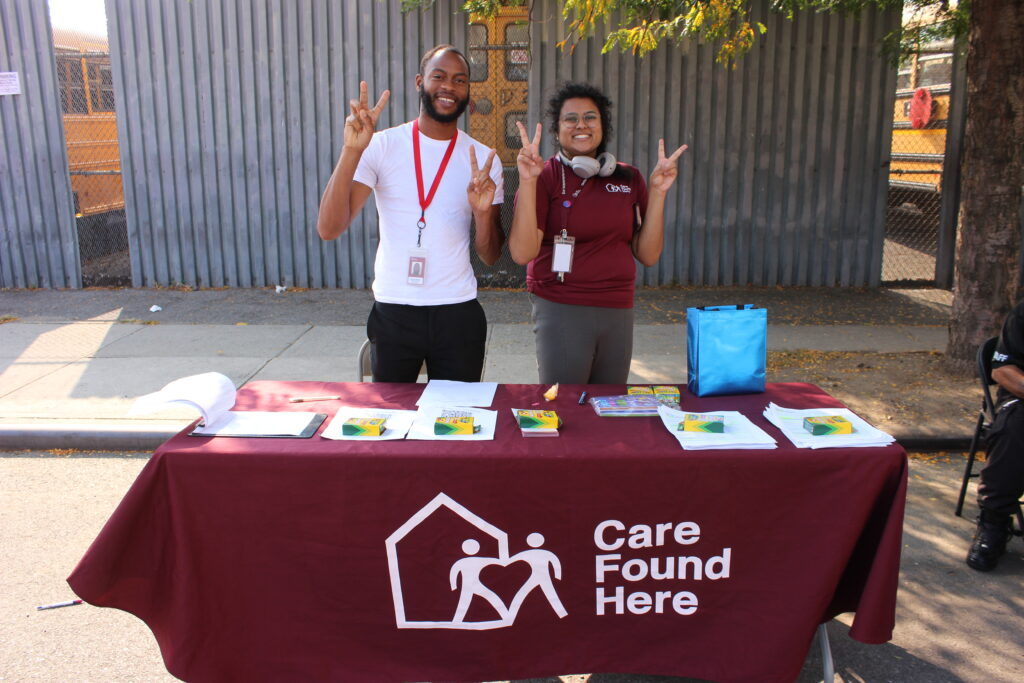
Why do you think CFH’s work is important? CFH’s work is crucial. Because of our clinics, patients who otherwise wouldn’t be able to access or afford care can get the highest quality medical and dental care, both for themselves as well as their children. They can go as many times as is needed, and the providers are so caring. The providers really help the marginalized populations that they serve feel secure and confident when seeking out and receiving healthcare. The providers and other clinic staff really advocate for preventative testing and multiple appointments (as needed), which improves the overall health and happiness of the patients and gives them more energy to pursue getting housing or other goals.
Anything else you want to add? I have learned so much about [Federally Qualified Health Centers] and how different roles, clinical and non-clinical, all tie together to create an organization that helps our patients. Especially since I work both at the main office and the clinics as well. I see how operations, marketing, finance, administration, development staff, and policy and advocacy make it easier, both physically and financially, for the doctors, nurses, MAs, front desk, outreach, and insurance staff to be able to provide the utmost help to our patients at the clinics and the residents in our shelters. It’s truly a team effort whose multifaceted nature reflects the true complexity and scope of public health.
